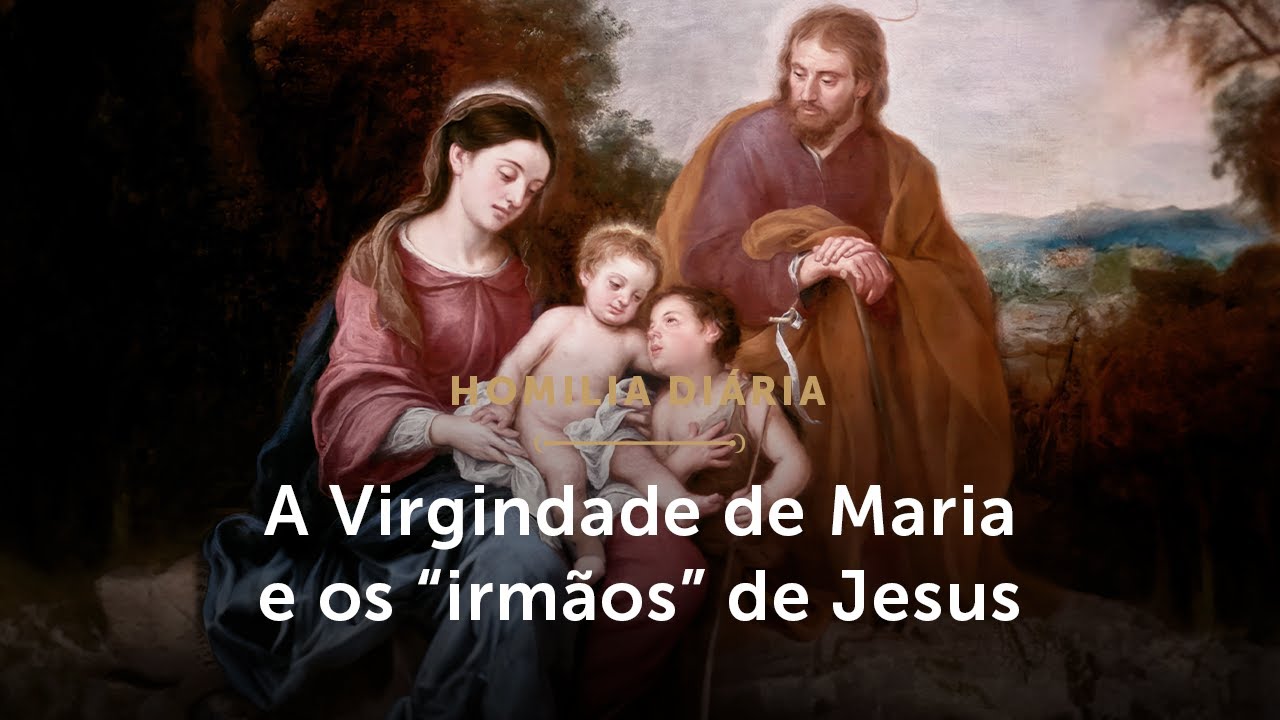Alan Watts Opens Up About Religion (thought provoking video)
Summary
TLDRThe speaker explores the origins of the Bible and its interpretation by the Catholic Church, emphasizing the human element in divine inspiration. They compare religious texts across faiths and suggest that true spiritual realization comes from within, not from external authority. The speaker critiques the pedestalization of Jesus, advocating for a more inclusive understanding of divine sonship and the importance of contemplation over dogma in religious practice.
Takeaways
- 📜 The Bible, as known by Westerners, was assembled and promulgated by the Catholic Church, which decided on the canonical books of both the Old and New Testaments.
- 🕍 The Jewish canon of the Old Testament was finalized around 100 AD at the Synod of Jamnia, much later than commonly believed.
- 📚 The Catholic Church's authority to determine the contents of the Bible is based on an informal tradition inspired by the Holy Spirit, which they claim gives them the right to interpret the scriptures.
- 🌟 Other religions, such as Hinduism, Islam, and some forms of Buddhism and Shinto, also believe in divinely inspired texts, suggesting that the concept of divine inspiration is not unique to Christianity.
- 🔊 The speaker suggests that while the Bible may be divinely inspired, the human element in its transmission can lead to distortions, much like a sound system can distort a speaker's voice.
- 🧘♂️ Jesus of Nazareth is portrayed as a human who experienced cosmic consciousness, similar to figures in other religious traditions, emphasizing a universal potential for spiritual awakening.
- 🔮 The speaker cautions against the misuse of psychic powers, fearing that advancements in 'psychotechnics' could lead to ethical dilemmas and misuse of such abilities.
- 🚫 The historical Christian focus on the miracles of Jesus and his unique divine status has led to a misunderstanding of his teachings, which the speaker argues are about realizing one's own divinity.
- 🙏 The concept of 'original sin' and the institutionalization of guilt in Christianity are criticized for creating a sense of perpetual inadequacy and separation from the divine.
- 🌐 The true 'good news' of the gospel, according to the speaker, is the realization of one's own divine nature, a message that has been suppressed in favor of a religion centered around the worship of Jesus as a unique divine figure.
- 🏰 The speaker calls for a transformation of churches into centers of contemplation, where the focus is on realizing one's unity with the divine, rather than on dogmatic teachings or rituals.
Q & A
Who is credited with the compilation of the Bible according to the script?
-The Catholic Church is credited with the compilation of the Bible.
When did the Jews finalize the Old Testament canon?
-The Jews finalized the Old Testament canon around the year 100 AD at the Synod of Jamnia.
What is the significance of the Synod of Rome in 382 AD regarding the New Testament?
-The Synod of Rome in 382 AD is significant because it was when the books to be included in the New Testament were finally decided upon.
How does the script describe the Catholic Church's role in determining the content of the Bible?
-The script describes the Catholic Church as the authority that promulgated the Bible, deciding which scriptures to include based on their tradition and the presumed guidance of the Holy Spirit.
What is the script's stance on the divine inspiration of religious texts from different faiths?
-The script suggests that different faiths, including Hinduism, Islam, and Buddhism, believe in the divine inspiration of their sacred texts with equal fervor, and it questions who has the authority to judge the validity of these beliefs.
What does the speaker believe about the nature of divine inspiration?
-The speaker believes that divine inspiration is always filtered through a human vehicle, which can distort the original message, similar to how a sound system can distort a voice.
How does the script characterize Jesus of Nazareth's experience of cosmic consciousness?
-The script characterizes Jesus of Nazareth's experience as a colossal encounter with cosmic consciousness, similar to experiences reported by figures like Buddha and other spiritual leaders.
What does the script suggest about the institutionalization of guilt in Christianity?
-The script suggests that Christianity has institutionalized guilt as a virtue, leading to a perpetual sense of unworthiness and the need for confession and forgiveness.
What is the 'real gospel' according to the speaker?
-The 'real gospel' according to the speaker is the realization of divine sonship, or the understanding that each individual is a manifestation of the divine, as opposed to the exclusive divinity attributed to Jesus.
Why does the script argue that churches should become centers of contemplation?
-The script argues that churches should become centers of contemplation to facilitate a deeper, personal realization of the divine within, as opposed to being places for preaching and chatter.
What does the script imply about the importance of recognizing one's own divinity?
-The script implies that recognizing one's own divinity is crucial for understanding the true message of the gospel and for personal spiritual growth.
Outlines

This section is available to paid users only. Please upgrade to access this part.
Upgrade NowMindmap

This section is available to paid users only. Please upgrade to access this part.
Upgrade NowKeywords

This section is available to paid users only. Please upgrade to access this part.
Upgrade NowHighlights

This section is available to paid users only. Please upgrade to access this part.
Upgrade NowTranscripts

This section is available to paid users only. Please upgrade to access this part.
Upgrade NowBrowse More Related Video

The History of the Church in 5 Moments | Catholic Central

The Bible: A Brief History

Homilia Diária | Os “irmãos” de Jesus e a Virgindade de Maria (Sexta-feira da 17ª Sem. do T. Comum)

Martin Luther presentation

C4: Ignite Your Catholic Faith - Is the Bible True?

American Politician Tries To Manipulate The Conclave
5.0 / 5 (0 votes)